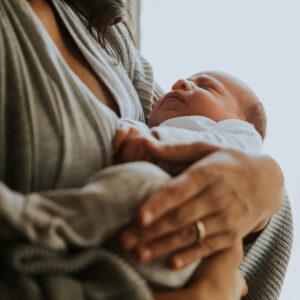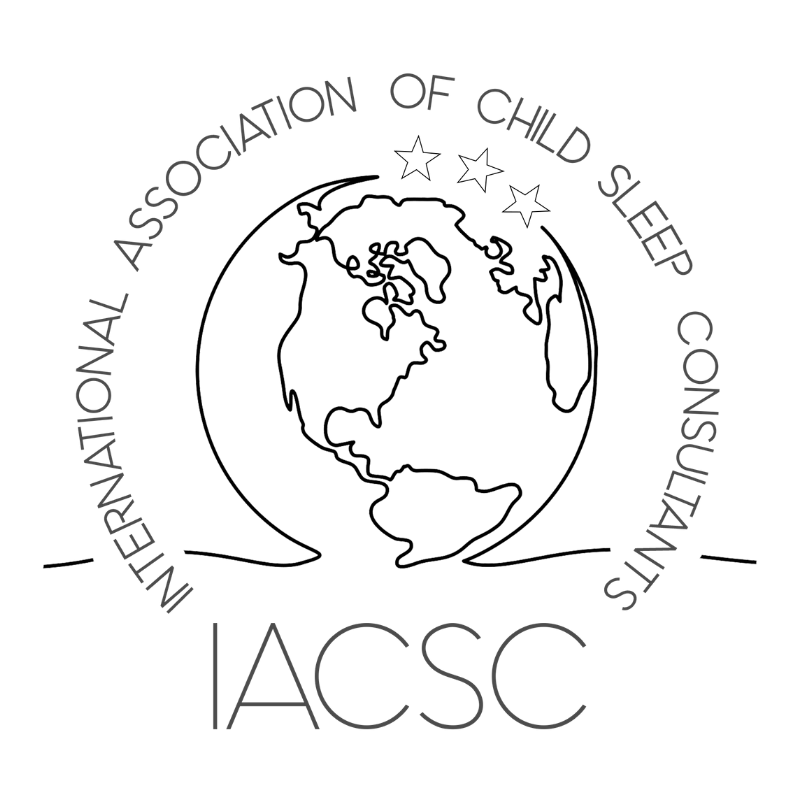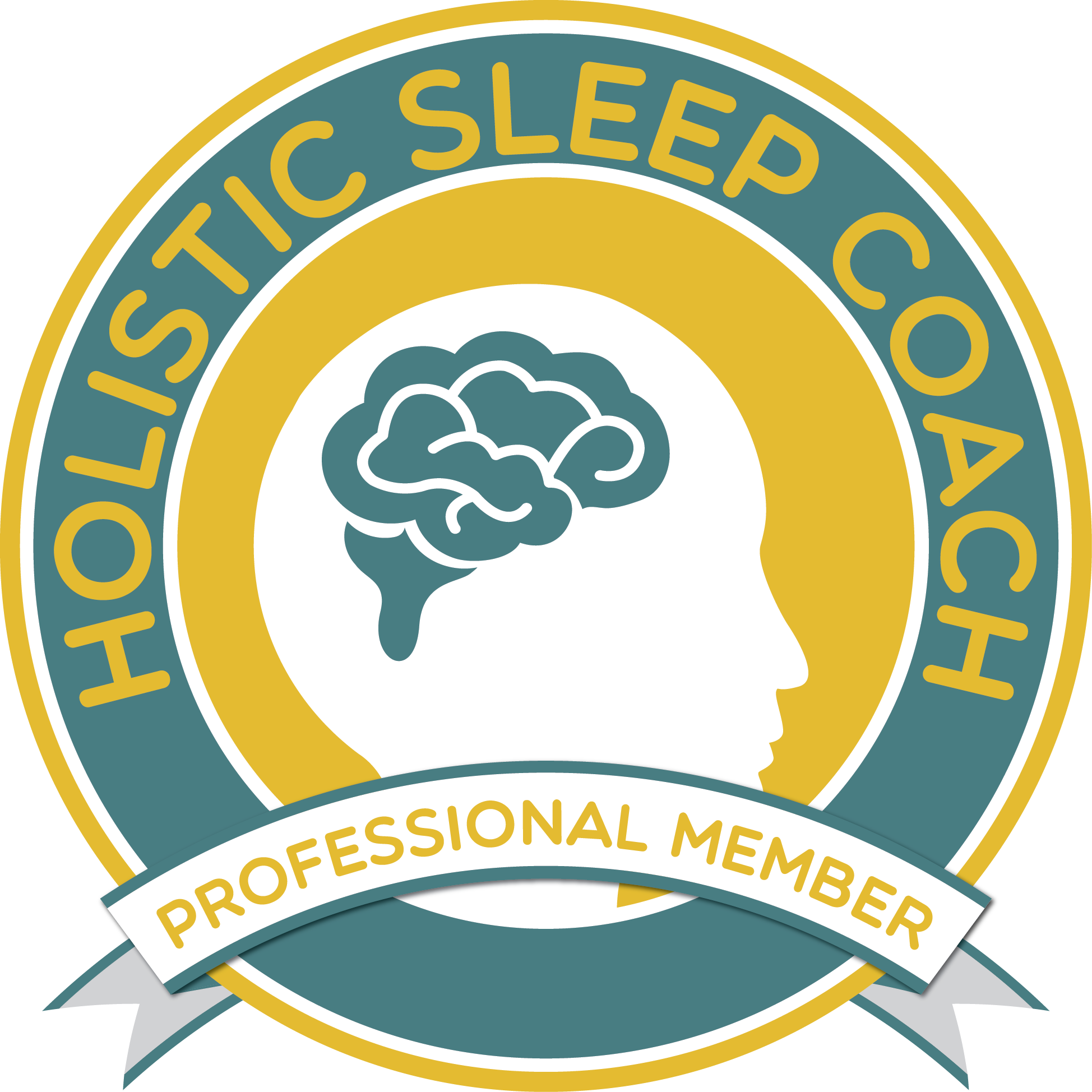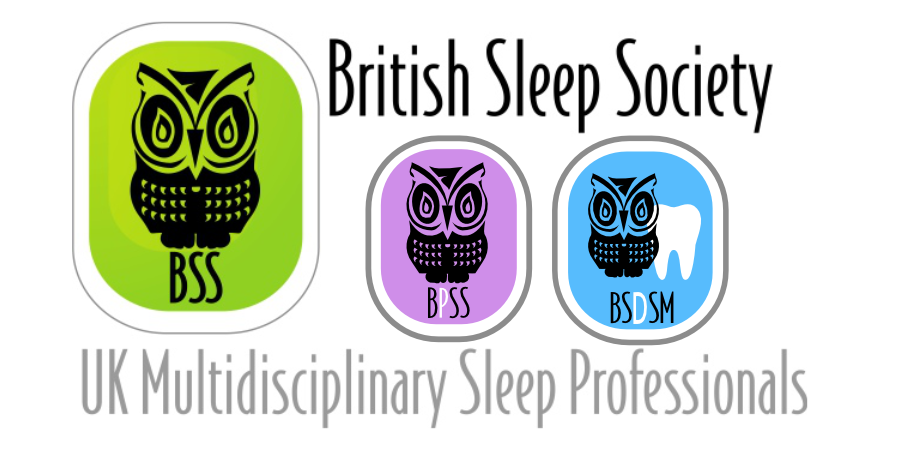Your newborn baby may be very sleepy when you first take her home. However, the very next night you may well find that she is much more lively and she may wake very frequently during the night and want to feed often. This can be a bit of a surprise and hard to cope with, but your baby is just doing what newborn babies need to do. It is completely normal.
Newborn babies’ brains are developing very rapidly, which is facilitated by sleep. While it is true that they spend a great deal of their time asleep, typically between 14 and 17 hours per day, it comes as a bit of a shock to many parents how short individual naps are. Few mothers are blessed with newborns who sleep in long stretches. Newborns tend to only wake for 30-60 minutes at a time before dropping off again for another short sleep. It is also very normal for the new sleep pattern to be spread evenly between day and night.
A number of factors contribute to this interrupted sleeping. To fuel their rapid development babies need plenty of resources from milk, the perfect fuel for swiftly growing brains. All that milk has to be processed through tiny newborn tummies, which explains why they need to feed so often. It is perfectly normal for your baby to feed 8-12 times in 24 hours. Don’t be frustrated by lots of small frequent feeds. They are a sign of a healthy young newborn. For breastfeeding mothers, these frequent feeds also stimulate the hormone that will build up your milk supply. They also spend much more time in a lighter sleep known as REM (rapid eye movement), which is associated with learning. Another reason not to worry about shorter lighter sleep patterns is that they are thought to be protective of SIDs.
If you have any concerns about feeding please speak to your midwife, health visitor or breastfeeding support.
Eventually, your baby will gradually start to sleep more at night, but be patient because this does not normally begin to happen until she is 3-4 months old when she will begin to produce her own melatonin (the sleep hormone your brain produces in response to darkness). So don’t worry about having perfect darkness for your newborn baby’s naps, they won’t be producing their own melatonin just yet. Your milk contains a precursor to melatonin, anyway, which is thought to be one of the reasons why your baby gets so sleepy after a feed. (Safer sleep guidelines also recommend that your baby sleeps in the same rooms as you, making total darkness impractical for daytime naps.)
Your baby will also need support from you to fall asleep. Which logically makes sense if you think about where they have been the last 9 months. Whilst in your tummy they had your continuous comfort, warmth, nourishment, the comforting sound of your heartbeat and they could even smell you. Now that they are on the outside, they still very much need to be close to you whilst they make the transition to the outside world. This is why the newborn period is often called the “4th trimester”. Milk feeds, lots of cuddles, skin to skin time, carrying your baby or even wearing your baby will help her to feel calm. All newborn babies cry. But they cry less if they are held more.
A lot of parents get very concerned about helping their baby to become independent. Don’t worry. Independence will come later. Right now your baby’s dependence is absolute. Research shows that it is only by nurturing them, responding to their needs, and making them feel very secure that they will later flourish into an independent, secure adult.











